MCSG ushered in the second half of the spring semester with an overtime meeting Tuesday evening.
The first part of the night was dedicated to a budget presentation by Assistant Vice President for Finance Patricia Langer. The presentation focused on Macalester’s current and projected financial situation. Langer opened by telling the legislative body that “the college is financially sound.”
“We’re very fortunate to be able to have that in our opening statement,” Langer said. Other items Langer presented showed possible sizes of the student body and tuition levels in years to come. Langer also noted the slight increase in expenses and other areas that were cause for some slight concern.
“The numbers aren’t scary out of whack, but there’s some work to do there,” Langer said, adding that diligence on the part of the financial office and a projected decrease in the student body’s size would eventually help the numbers even out.
Another projection that Langer shared stated that by 2020, the projected norm for tuition costs could be far above what it is now.
“Our modeling assumes that 25 percent of the student body will be able and willing to pay a comprehensive fee of nearly $70,000,” Langer said, reading from the presentation. She assured the legislative body that financial aid would continue to meet 100 percent of each student’s demonstrated need.
Following Langer’s presentation, the Legislative Body approved additional allocations for Queer Union’s annual Gayla dinner and for Colleges against Cancer’s Relay for Life event. Soon after, the charters for the Entrepreneurship Club, NeuroClub and the Macalester chapter of the American Civil Liberties Union were all approved.
“We’re now up to 113 orgs,” said Financial Affairs Committee Chair Ellen Washington ’14 after NeuroClub was approved.
Lectures Coordination Board Approved
The Lectures Coordination Board bill, which was introduced prior to spring break, aims to revive the long-dormant board. The LCB was originally designed with the intent of bringing well-known speakers to campus, but was never acted upon. A short discussion before the vote revolved around the role of the LCB’s advisors and whether or not they should be allowed to vote on the board’s selection, which will otherwise consist of five student members and the two advisors.
“My thought is they should not have an official vote,” said Joe Klein ’16, who introduced and co-authored the bill.
“I thought that maybe the advisor should have a vote because the advisor is the only one on the board every single year,” said Nandita Elijah ’16.
SOC chair Maddie Arbisi ’14 seemed to settle the matter when she compared the role of the LCB advisor to that of Dean of Students Jim Hoppe’s advisory role in MCSG.
“I have the utmost respect for [Jim] and what he says,” Arbisi said, acknowledging the importance of Hoppe’s voice and advice in MCSG despite the fact that Hoppe himself does not have a vote. “I personally really like how that system works.”
Additionally, it was clarified that the $50,000 allocated for the board would be distributed annually instead of every semester, and that student orgs would not be required to go through the LCB in order to bring speakers to campus, but that the option was there.
“It really shouldn’t be affecting the student orgs [negatively],” Washington said. The bill was passed unanimously and went into effect immediately.
Bylaws bring tension, overtime
The latter part of the night was set aside to address the issue of committee bylaws, a discussion that has stretched over the last month of MCSG meetings. Tabled twice in the weeks preceding spring break, the conversation opened once again with a focus on the Student Organizations Committee (SOC) bylaws.
“[There is] one part of the bylaws that turned out to be contentious,” said Cole Ware ’17, referring to a section of the bylaws which stated, “The SOC may audit organizations at any time.”
Auditing refers to the authority that the SOC possesses to hold orgs accountable for following their charters and school policy, and is an examination of the inner workings of an org. Mediation conducted by the SOC, on the other hand, revolves more around having conversations between separate orgs or between individual members of orgs.
“In general, every two years an org has to be audited,” Arbisi said, adding that charters would be updated to accurately reflect any changes to an org. “We ask them to make those changes, they submit their final draft, we vote on it and that’s it.”
Other members of the legislative body expressed concerns regarding the language allowing the SOC to audit an org, particularly the criteria that made an org subject to an audit. Several members expressed concerns that an audit could be abused to punish orgs.
“This isn’t an addition of power,” Ware said. “We aren’t adding anything.” Washington agreed. “This is in no means to throw something upon the student orgs that we didn’t have before,” she said. “It’s clarification for them. I would hope that this would benefit student orgs … to know what this process is.”
Chris DiCesare ’15, a student who had been present for the Queer Union allocation, had stayed to listen the rest of the meeting.
“The language really makes it sound like a punishment,” he said. “An audit would have added one more thing to [Queer Union’s] plate for us to deal with.”
More discussion followed about adding another part to the bylaw to clarify that communication between orgs and the SOC would be key to keep the audit from being abused.
“I kind of feel like we’re being micromanaged by these suggestions,” Ware said. “I don’t think we need to put some sort of ambiguous sentence in there.”
Vice President Rothin Datta ’16 reminded Ware that in the future, an SOC might not be so conscientious as the current committee is.
“These rules are going to last longer than we are,” Datta said. “Somewhere down the line there could be an SOC that doesn’t like an org.”
With the discussion continuing and time in the meeting running out, tensions were running high. The LB approved a suspension of the bylaws to continue the conversation for another ten minutes.
Datta, who had proposed striking the contentious language from the bylaws and then voting to approve them, retracted his statement and the motion was put forward to accept the bylaws as they were, which was approved.
When some present, including DiCesare expressed disappointment that not much headway had been made, others pointed to the fact that the bylaws were not set in stone and could be revised in the future as needed.
“This debate doesn’t have to end,” Klein said. “This debate can go on.”
Editor’s Note: News Editor Joe Klein was not involved in the production of this story.



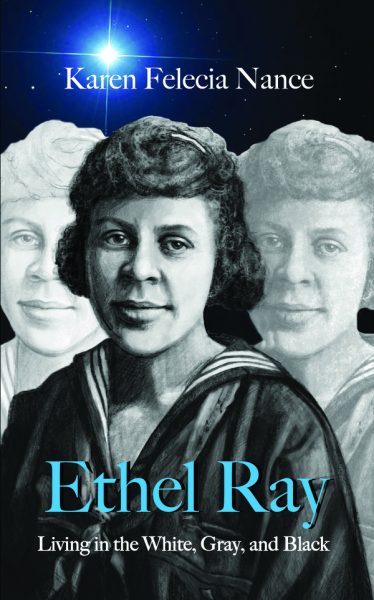


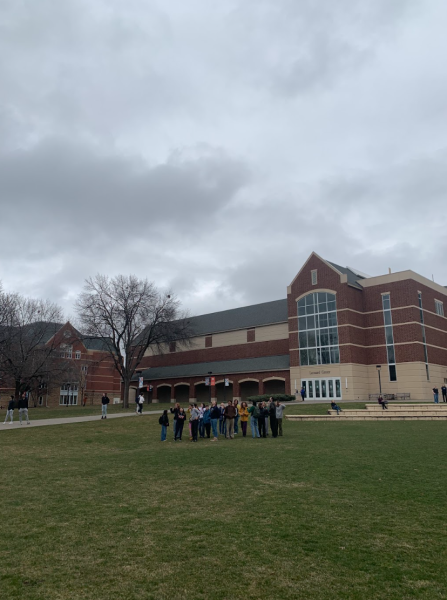

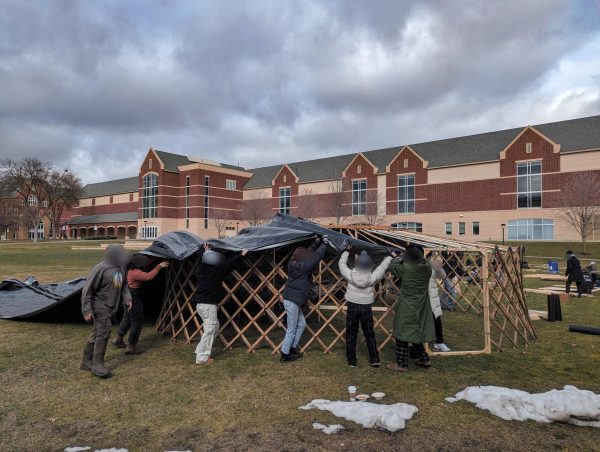




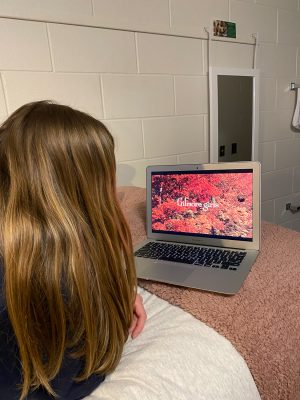
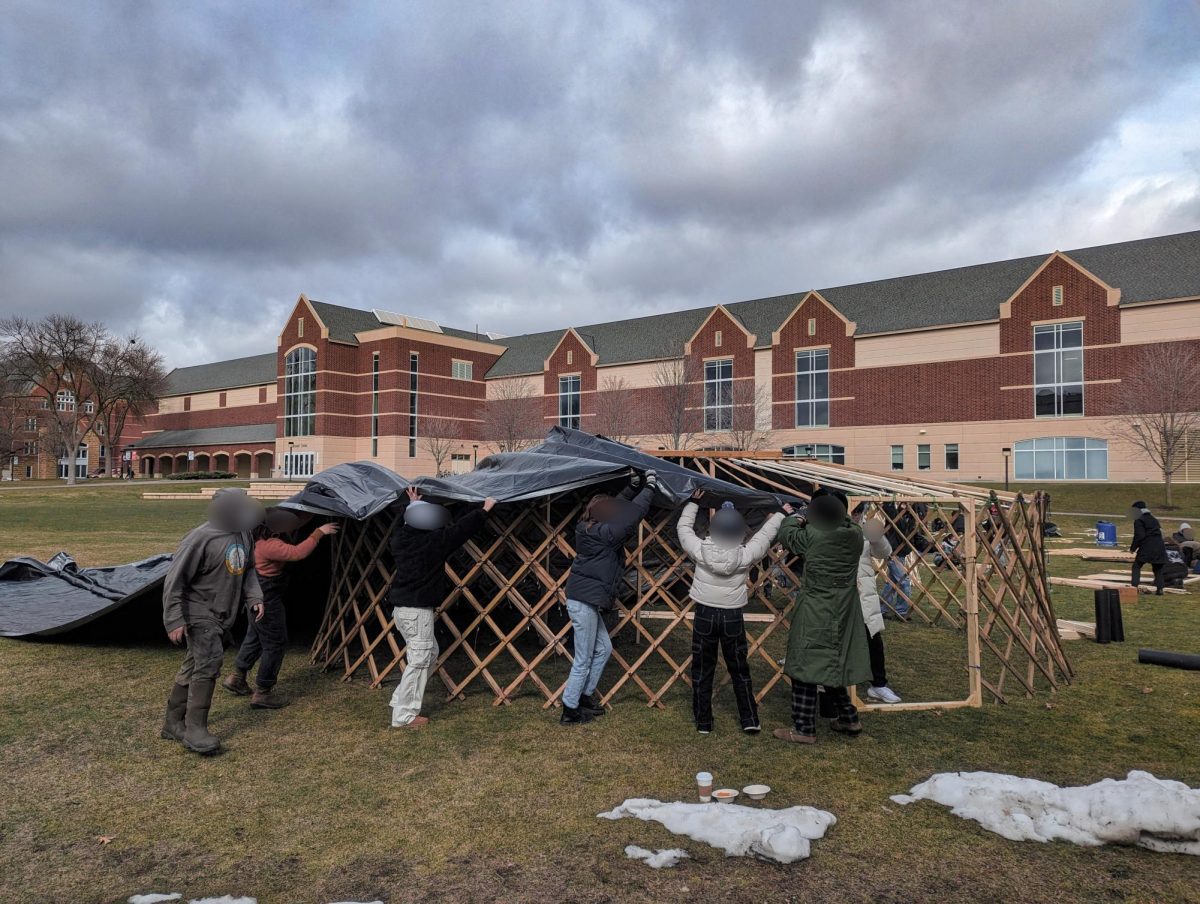



Madeleine James • Sep 5, 2019 at 11:01 pm
Yes this YouTube video is much better than last one, this one has nice picture quality as well as audio.